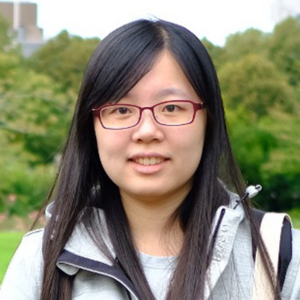Unseen Object Segmentation in Videos via Transferable Representations
In order to learn object segmentation models in videos, conventional methods require a large amount of pixel-wise ground truth annotations. However, collecting such supervised data is time-consuming and labor-intensive. In this paper, we exploit existing annotations in source images and transfer such visual information to segment videos with unseen object categories. Without using any annotations in the target video, we propose a method to jointly mine useful segments and learn feature representations that better adapt to the target frames. The entire process is decomposed into two tasks: (1) solving a submodular function for selecting object-like segments, and (2) learning a CNN model with a transferable module for adapting seen categories in the source domain to the unseen target video. We present an iterative update scheme between two tasks to self-learn the final solution for object segmentation. Experimental results on numerous benchmark datasets show that the proposed method performs favorably against the state-of-the-art algorithms.


